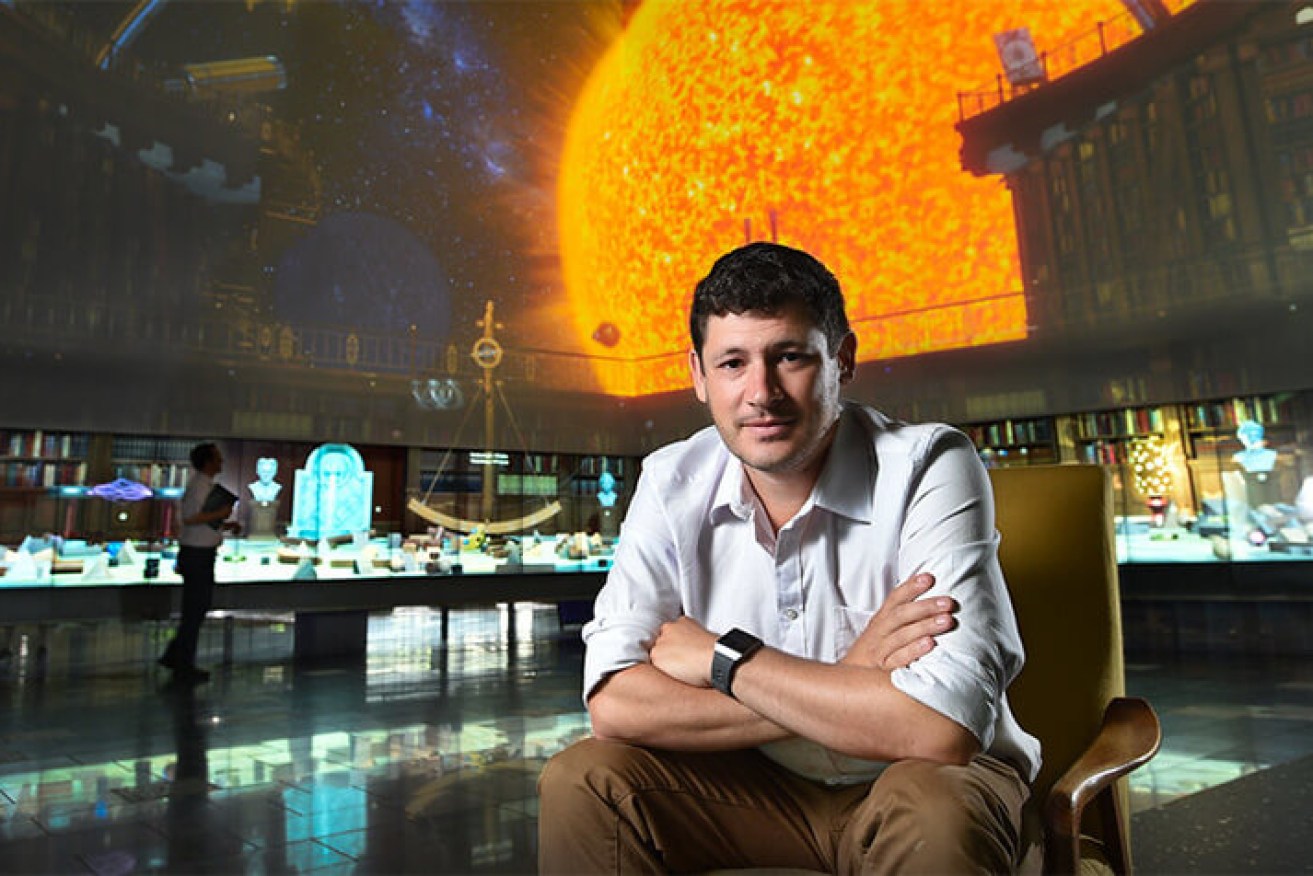State’s bold plan to leave our footprints on the rocky landscape of Mars
As Queensland signs an agreement with the Australian Space Agency, researchers are already in line to make major discoveries on other planets.

David Flannery is one of the QUT researchers and students involved in Mars exploration. (Supplied)
Deputy Premier Steven Miles told parliament researchers from Queensland University of Technology were playing a vital role in the work of NASA’s Perserverance Rover on Mars.
“Queenslanders may not be walking on Mars yet, but we are leaving our footprint in other ways,” Miles said.
He made the comments after announcing a Memorandum of Understanding between the government and the Australian Space Agency that he said would help Queensland “really make a mark on this exciting emerging industry”.
“The Queensland Government’s Space Industry Strategy 2020-2025 aims to enable industry growth to add between $3.5 and $6 billion to Queensland’s economy and up to 6,000 jobs by 2036,” Miles said.
“This government wants Queensland’s space industry to be recognised as a leading centre in Australasia for launch activities, ground systems, Earth observation, niche manufacturing, robotics and automation for space by 2025.
“With our advanced manufacturing supply chain and world-leading research programs, it makes sense for the state to also be the home of Australia’s space manufacturing industry.”
Miles said Queensland had the researchers to support vital innovation and development. He gave as an example QUT, which has been commissioned by NASA to develop software for the Perseverance Rover to analyse geochemical data it captures while on its mission.
QUT researchers Vanessa Zepeda and Brendan Orenstein will head a team working with NASA to determine if Martian rocks are similar to rocks found in Australia.
Dr David Flannery from QUT is a member of the Perseverance science team, and a Co-Investigator of a rock chemistry instrument aboard the rover which is led by QUT alumna Dr Abigail Allwood at NASA Jet Propulsion Lab.
“These are Queenslanders helping to answer the profound question as to whether life has ever existed elsewhere in our solar system,” Miles said.
“For approximately one Mars year, or 687 Earth days, the Perseverance Rover will feed back x-rayed images of rocks for the students to study.
“NASA specifically wants to compare Mars rocks to the almost 3 billion-year-old rocks from the Pilbara region in Western Australia.
“This will also give scientists a better understanding of why Mars, which was once home to lakes and rivers, is now so different to Earth.”












